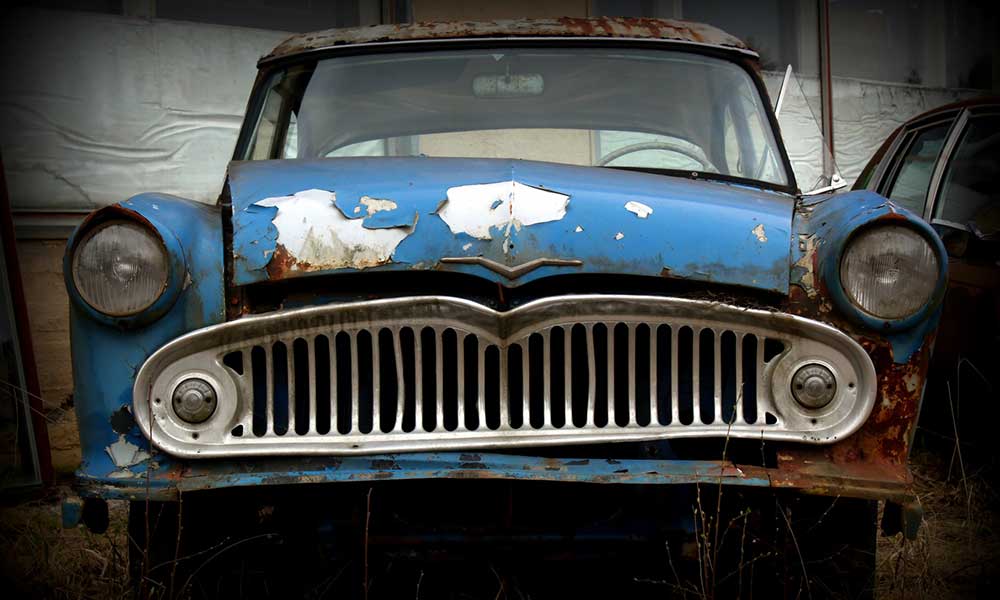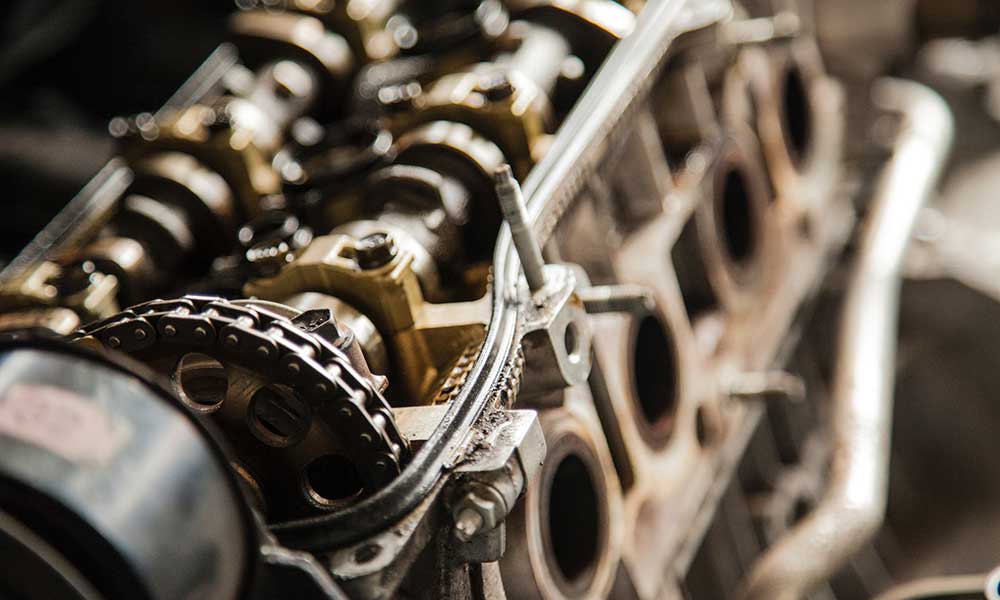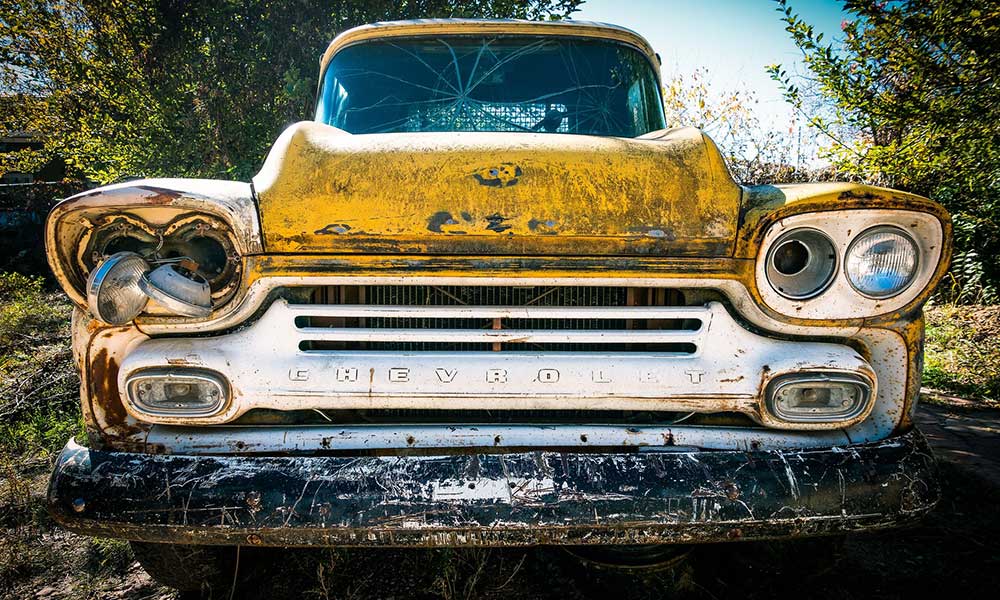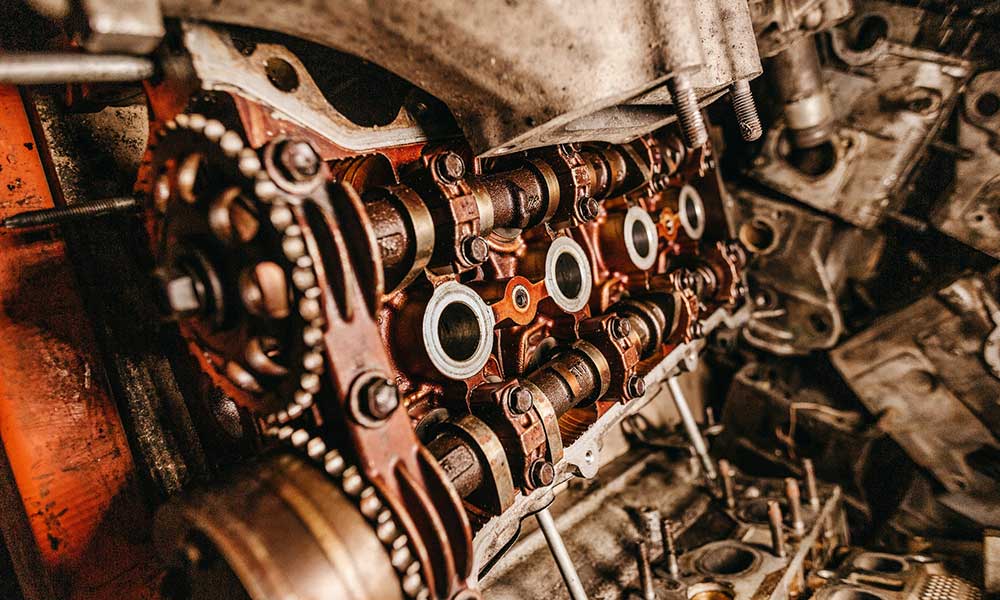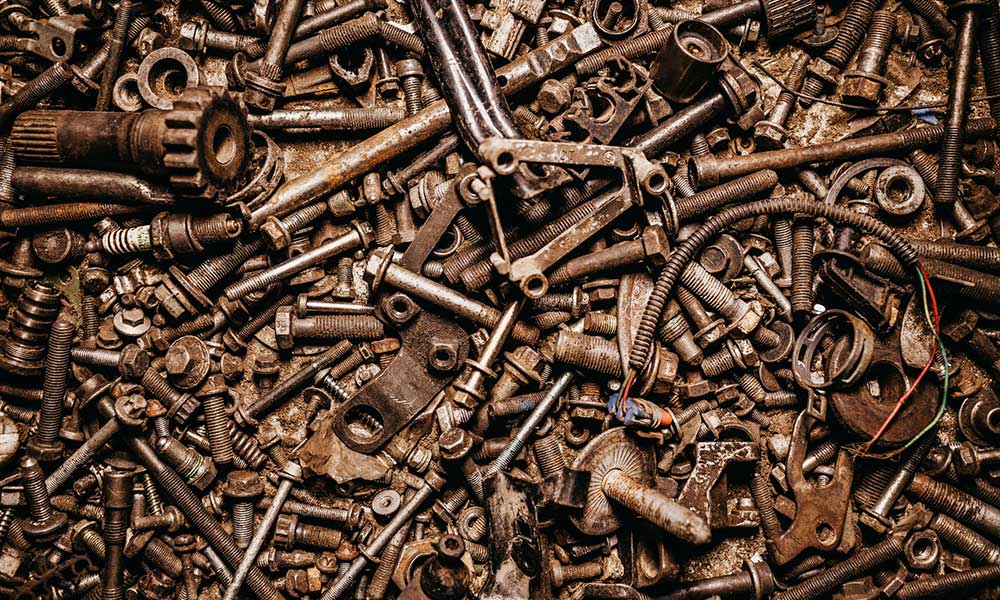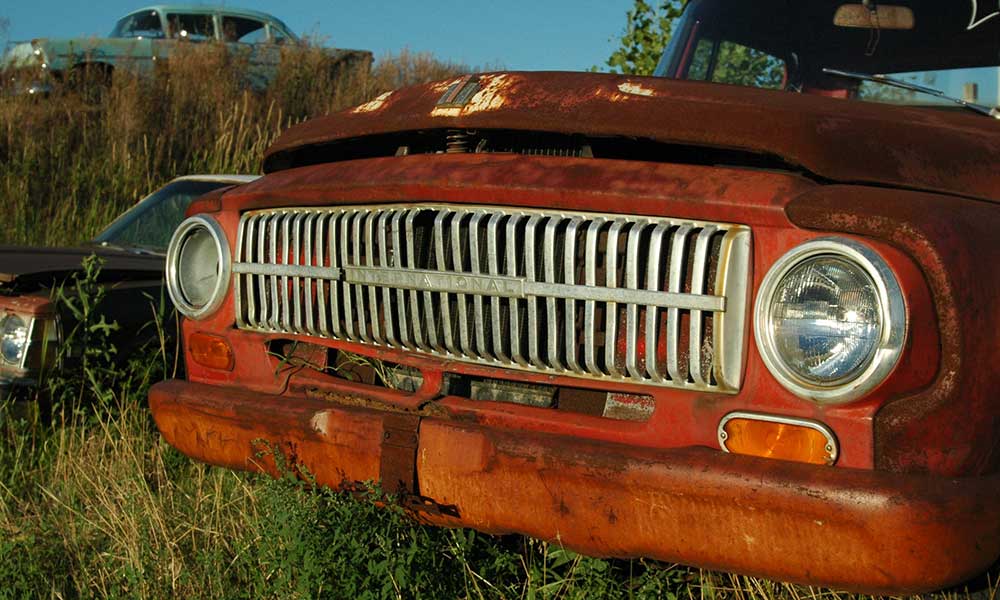Buying a car can be exciting. When you purchase a car, you may consider simple function and maintenance precautions, such as keeping gas in your car, changing the oil, and ensuring your tires maintain good tread. However, there’s more to properly caring for your vehicle. Rarely do people consider other repairs that cars regularly need to function properly, let alone maintenance that can be expensive when left unattended. Let’s discuss common car repairs and how long a dealership can hold your car for such maintenance.
Factors That Contribute to Auto Repair Times and Costs
A lot of people avoid certain car repairs like the plague because of the cost of the repair(s). If these repairs and regular maintenance are left unattended, the car can quickly decline in performance and operation, which makes the repairs more expensive as time passes. Before you know it, you’ll be considering junking your car because it’s too costly to repair. Different factors will determine how long it takes to repair your car and the cost.
Skill Set and Labor
Repairing cars are a skill set that not everyone has. Because of this, labor is factored into the cost of repairing your car. Depending on what needs to be repaired, fixing your car may not be as simple or quick as an oil change.
The Car’s Make and Model
It’s no secret that American-made cars, such as Chevrolet, Dodge, RAM, and Buick, are less expensive to repair the foreign cars, such as Mercedes, Lexus, Porsche, and BMW. You will also have to consider your car’s year and trim. The higher-end car you have, the more you will pay for repairs and maintenance.
For example, a 2022 Chevrolet Tahoe that requires active suspension and system diagnosis and testing can range in price between $57 and $72, which is mostly labor costs. Since this car is American-made, the dealership may have the required parts available. However, a 2022 Audi Q5 that requires the same system diagnosis and testing can cost anywhere between $71 to $90, which is mostly labor costs and not parts.
Available Parts
Depending on the type of car you have, the dealership may have to order specific parts to repair your car. If this is the case, you could have to wait days, weeks, or longer to get your car back from the dealership.
How Long Can a Dealership Hold Your Car for Repair?
If you notice that it’s been a while since you took your car to the dealership for repair, you may be wondering what’s taking so long. Most insurance and warranties require the car to be repaired within 15 to 20 days, with a maximum of 30 days (cumulatively), which means your car was in the shop for repair for 30 days total throughout its warranty period. It could also mean that the vehicle was in the shop once for 30 days or three times for 10 days each. Both instances are covered under the Lemon Law.
Under the Lemon Law, a car is considered a lemon after 30 days of repair.
If it takes longer than 30 days for a dealership to repair your car, the vehicle can be deemed a lemon, and you may be entitled to a refund, compensation for the repair, or a replacement vehicle.
What is a Lemon?
A lemon is a fruit of course! In automotive terms, a lemon is a car that has some type of malfunction or defect that prevents it from being safe to operate on roads and highways. Cars that are considered “lemons” can experience a variety of problems, such as faulty brakes, a dead engine, or a broken transmission.
Issues that would not classify a car as a lemon are concerns that do not detract from the car’s safety, such as chipped paint or a broken AC. However, the definition of a lemon in auto terms varies by state because each state has its own Lemon Law.
What to Expect When Dealerships Hold Your Car for Repair
Waiting for hours, days, weeks, or longer to get your car back from the dealership can be a frustrating inconvenience. However, regular car maintenance is essential for the longevity of your car. Here’s how long you can expect to wait for your car to be repaired for different types of services.
Interim Service
Interim service is the standard, basic car service package. This auto service package is ideal for high-mileage drivers, such as individuals who drive their vehicles more than 20,000 miles or more per year. When interim service is performed, your car’s primary components will be inspected and its moving parts may be lubricated, which depends on the shop you take your car to. This auto service generally takes approximately 1.5 hours to complete.
Full Service
The full-service auto package is ideal for low-mileage drivers. This service is recommended for 12 months or every 12,000 miles. Full-service auto maintenance includes everything that is included in the interim service, as well as more checks and part replacements (if necessary).
Since full-service covers more maintenance aspects than interim service, performing full-service maintenance will take longer to complete. You can expect to wait at least 3 hours to have full-service maintenance completed on your car. 3 hours may seem like a long time to wait, but cutting corners is not the answer. When you cut corners with auto maintenance and repairs, you reduce you and your car’s safety.
Major Service
Major service is also referred to as “Gold Service”. Mechanics recommend having this service performed every 24 months or 24,000 miles, whichever comes first. This auto service package features everything that’s included in the full car service and more. Changing brake fluid, replacing parts, and cleaning the cabin filter is provided in this service.
The time it takes to complete this service depends on the number of components that require cleaning or replacement. In general, you can expect this service to take between 3 and 4 hours to complete.
Engine
The engine is an essential car component. Simple checks of the engine, such as an oil change, will take less than 1 hour to complete. However, if your car’s engine requires major repairs, these repairs may take at least 1 day to complete. The most extensive engine work can take a maximum of 10 days to complete. The total time it takes for your car’s engine to be repaired depends on its model and the overall condition of the engine.
The bottom line is a dealership can hold your car for repairs for a maximum of 30 days. If it takes a mechanic longer than 30 days to complete your car’s repairs, you may have a “lemon” on your hands.

